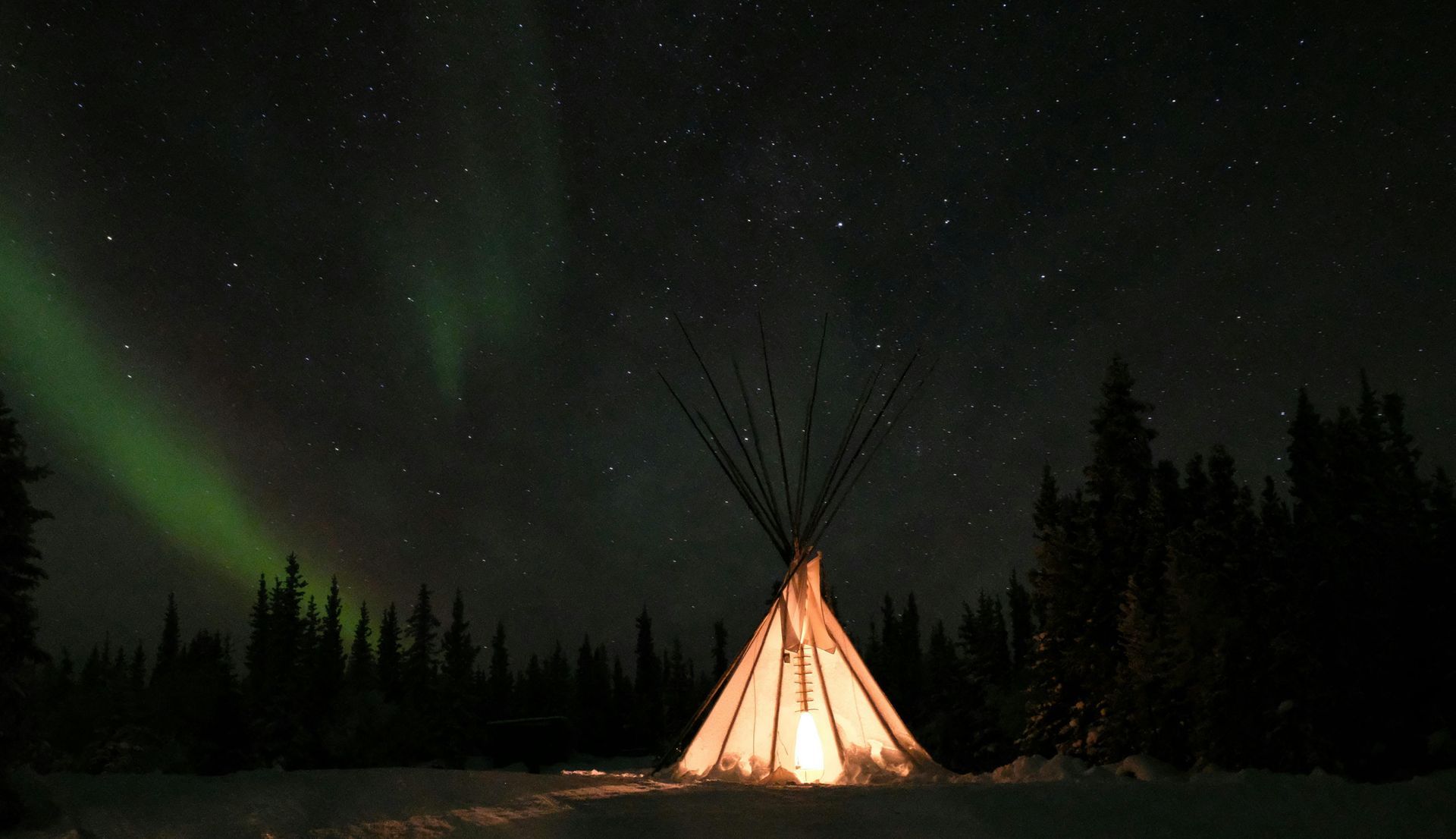Being An Ally To Indigenous Communities
Honest reflections on what allyship means in practice (and what it doesn't mean)

When we talk about allyship in healing spaces, it’s important to move beyond slogans and gestures. True allyship is not about claiming the title of “ally,” but about how you show up day after day with humility, consistency, and respect.
Listening Before Speaking
Being an ally begins with listening before speaking. In many healing spaces, non-Indigenous people may feel the urge to offer solutions or share their own experiences.
Real allyship means stepping back and creating space for Indigenous voices to lead, even if the path forward looks different from what you might expect.
Acknowledging Privilege
It also means acknowledging privilege. An ally recognizes the benefits they may hold as a result of colonial systems and does not shy away from that truth.
Rather than ignoring or minimizing it, they use that awareness to advocate for change in spaces where Indigenous voices are too often dismissed or silenced.
Consistency matters as well. Showing up once a year on Orange Shirt Day or attending a single event is not enough. Communities notice who is there when the cameras are gone, when it is uncomfortable, and when the work is slow. Allyship is steady, not seasonal.
Accountability Matters
When missteps occur (and they will) allyship requires accountability. Mistakes are inevitable, but how an ally responds makes all the difference. This means taking responsibility without defensiveness, without re-centering feelings of guilt, and without asking Indigenous people to carry the burden of repair. It is about engaging in self-reflection and corrective action.
Educate Yourself
Allies must remember that it is not the job of Indigenous people to educate you. Too often, communities are asked to carry the burden of explaining their history, their trauma, or their culture.
While some may choose to share, it should never be demanded. A true ally takes responsibility for their own learning by reading, attending workshops, listening to Indigenous speakers, and engaging with the many resources that already exist. This keeps healing spaces focused on community needs, not on educating outsiders.
Stand With Them
Perhaps most importantly, being an ally means standing with, not standing over. Indigenous people often describe a good ally as someone who walks beside them, not taking credit, not leading the way, but being there shoulder-to-shoulder.
This also means supporting Indigenous self-determination: recognizing that healing is strongest when it is led by the community itself, and using your position to advocate for the resources and space that make that possible.

A Final Word
Allyship, in the end, is not about words or appearances.
It is about respect in action. It is about choosing humility over ego, showing up consistently, and committing to the slow, sometimes uncomfortable, always necessary work of walking alongside Indigenous peoples in their healing journeys.



